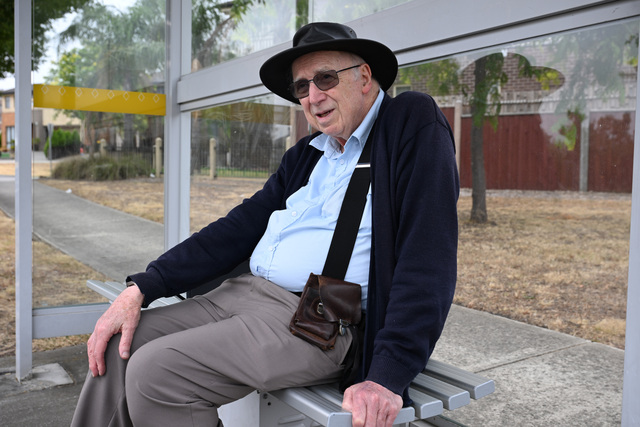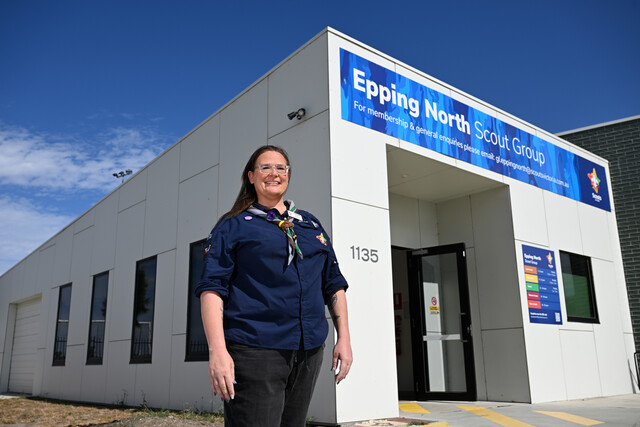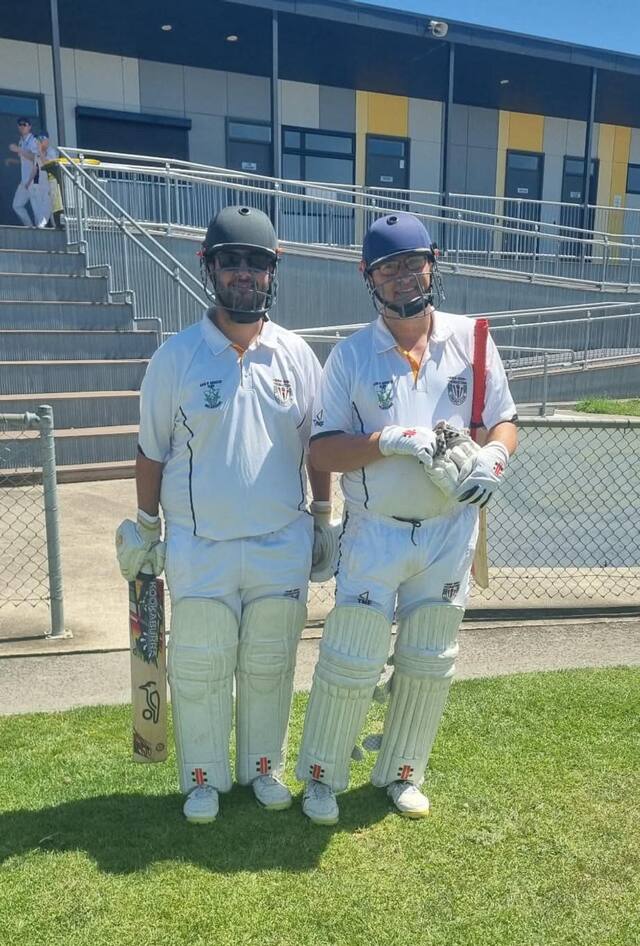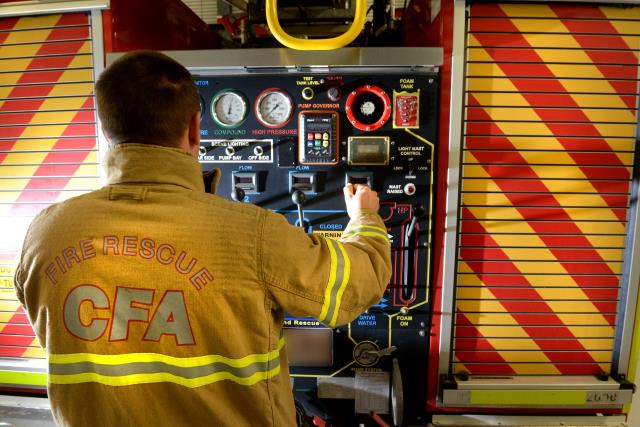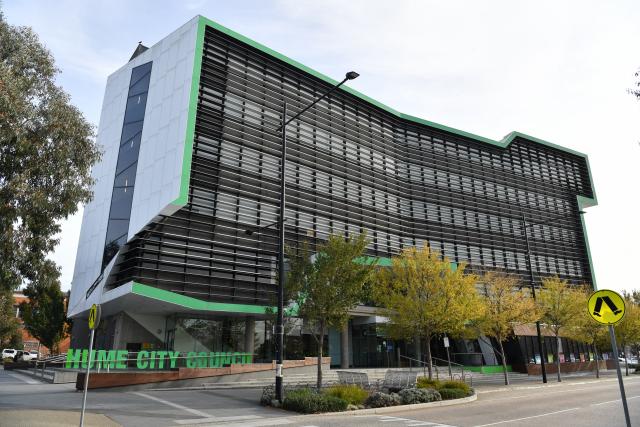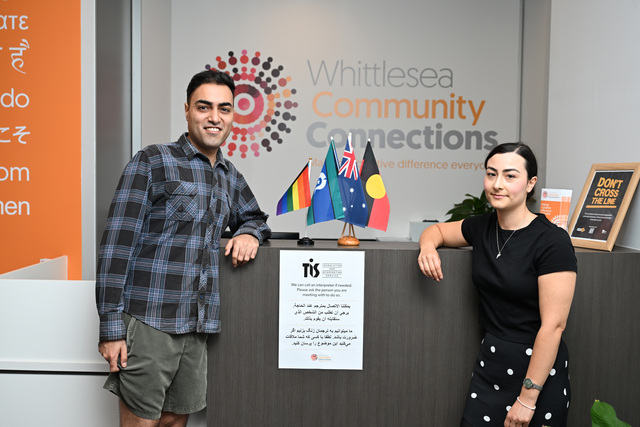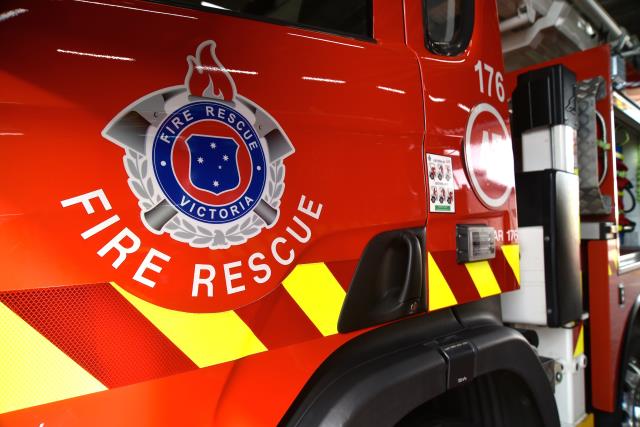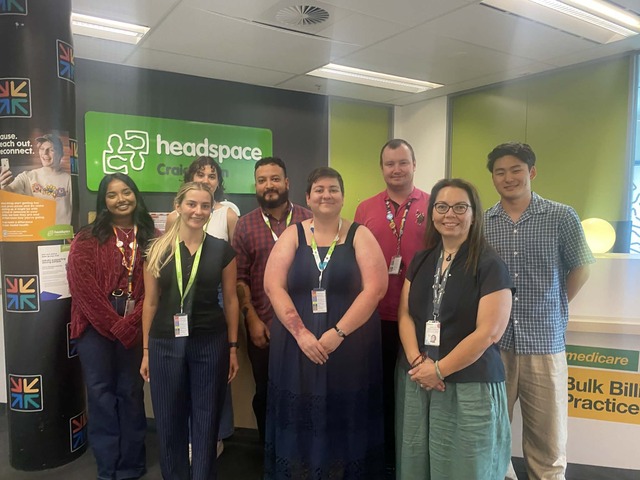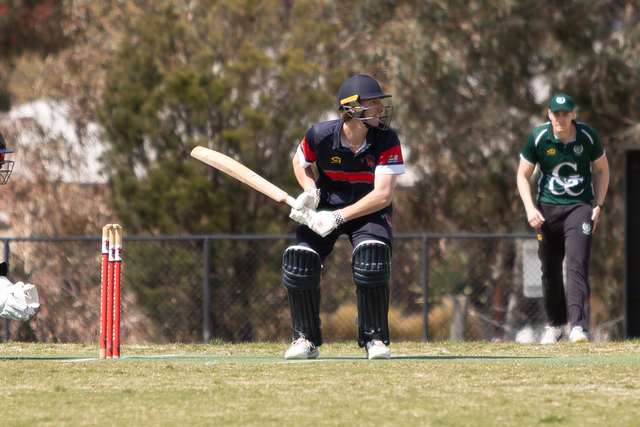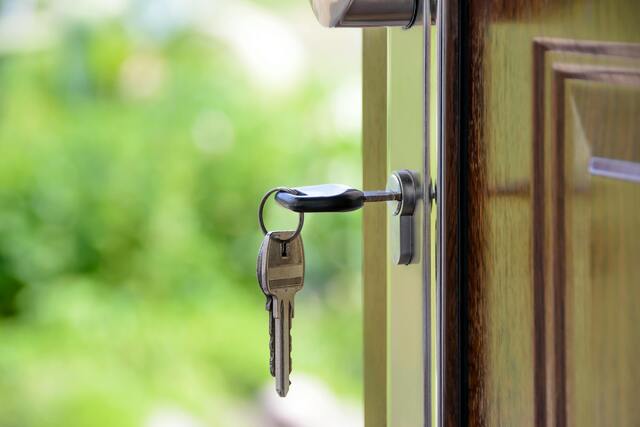None of Whittlesea council’s aquatic centres are viable in the long-term, a new audit by Victoria’s Auditor-General reveals.
However, the council is among a small group of local governments that have operating surpluses at some of their aquatic centres.
The Auditor-General examined how local councils manage the centres in light of the significant costs to maintain them, as against their important social and health benefits.
The audit focused on six councils – Whittlesea, Greater Bendigo, Glen Eira, Mansfield, Moreland and South Gippsland – and surveyed all 79 of Victoria’s councils to assess whether they maximise the value of their recreational facilities.
Acting Auditor-General Peter Frost said councils were mostly dependent on state and federal grants to develop or refurbish aquatic centres.
He said over the next four years, about $933 million would be spent on these facilities around the state.
Of the centres audited, only a few generated operating profits; in Whittlesea, Glen Eira and Moreland.
“On a stand-alone basis, none of the audited councils’ ARCs [aquatic recreation centres] are fully sustainable in the long term,” he said.
“While most councils have planned and provided for future costs relating to ARCs, they remain reliant on grants for any significant future capital expenditure.”
Dr Frost cautioned that significant state and local government investment in aquatic centres must be seen in light of the broader financial viability issues facing councils, including uncertainty about future grant allocations and the capping of rate rises.
Council committed to aquatic centres
Whittlesea council’s manager of leisure and communtiy inclusion, Paul Reading, said the council was committed to its aquatic centres and had no plans to close any.
He said Thomastown Recreation and Aquatic Centre had been renovated, and there were plans to redevelop Mill Park Leisure Centre, upgrade Whittlesea Swim Centre and build a new aquatic and indoor sports centre at Mernda.


